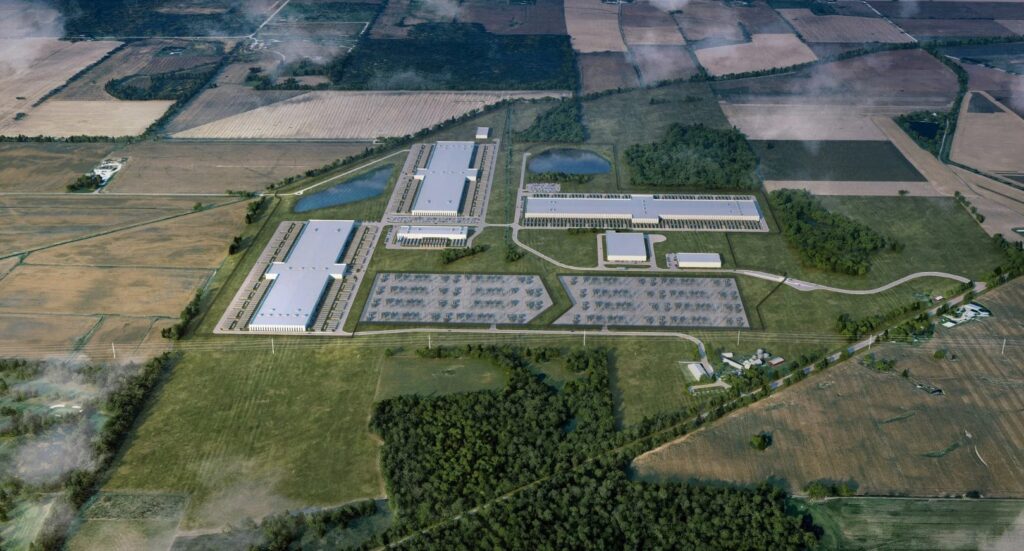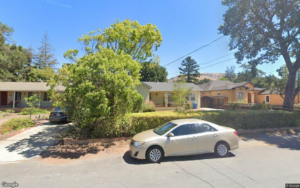
As Michigan officials deliberate on a request from DTE Energy to expedite energy provisions for a significant data center project in Saline Township, lawmakers are divided on the necessity of public hearings. Following the announcement by OpenAI and Oracle in October of their intention to establish a data center capable of generating 1.4 gigawatts of computing power, DTE has sought approval from the Michigan Public Service Commission (MPSC) to bypass the standard public hearing process.
The utility company’s proposal for an “ex parte” motion has drawn mixed reactions from elected officials. On one side, some lawmakers advocate for swift approval. Notable supporters include former House Speaker Joe Tate, Rep. Bill Schuette, and Rep. Pauline Wendzel, who have submitted comments urging the MPSC to accept DTE’s request. They argue that the project will not lead to an increase in residential electric rates, citing a state law passed in 2024 that prevents data center developments from transferring energy costs to residents while qualifying for tax incentives.
Tate emphasized the economic potential of the project, stating, “This project represents a significant opportunity for our state. The data center will bring substantial economic investment, create high-quality jobs, and reinforce Michigan’s position as a leader in innovation and technology infrastructure.”
Wendzel, chair of the House Energy Committee, also voiced her support, suggesting that the project could ultimately lower energy costs for residents by expanding the customer base. “What’s before the Commission is more than a single approval; it is a blueprint for how Michigan competes in the 21st Century,” she noted.
On the other hand, some officials express concern about the implications of fast-tracking the approval. Attorney General Dana Nessel has publicly criticized the lack of public discourse, stating, “I’m deeply concerned about it. This is a massive project, and I think we have to be very careful and very cautious how it proceeds.” Nessel insists that the decision should involve thorough public scrutiny, especially given the project’s scale and potential impact on consumer energy rates.
Critics also highlight that many lawmakers supporting the motion do not represent Saline Township directly. The township board initially opposed the rezoning of farmland for the data center, but a legal settlement eventually allowed the project to move forward.
In a recent appearance, U.S. Rep. Debbie Dingell echoed the call for public input, stressing the importance of accountability regarding energy costs and water usage. She remarked, “Michigan needs to stay at the forefront of innovation and technology, but they’ve got to be done right.”
There are broader concerns regarding the data center’s alignment with Michigan’s clean energy goals. The proposed facility’s energy generation exceeds that of DTE’s Fermi 2 nuclear power plant, which produces 1.2 gigawatts and serves a city of approximately one million people. Critics argue that such large data centers could impede the state’s transition to 100% clean energy by 2040, a goal mandated by recent legislation.
The MPSC’s next meeting is scheduled for December 5, 2023, where the commission may address DTE’s request. Agendas are typically released a day prior to meetings, and it remains uncertain when a decision will be reached on this contentious issue.
This unfolding situation highlights the complex interplay of economic opportunity, regulatory oversight, and environmental responsibility as Michigan navigates its future in the technology sector.






